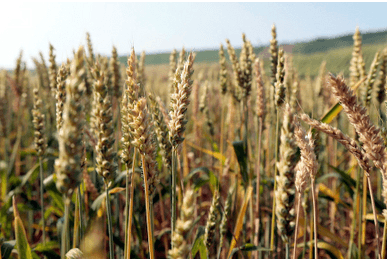PARIS–For its 7th edition, the month of social and solidary economy is now evolving in a widened and official frame. Indeed, since July 31, a first framework law came into existence in France in order to define this mode of economy.
On Oct. 31 during the inaugural events in Paris, Fanélie Carrey-Conte, Deputy of 15th catchment area in Paris, and protractor of the draft law on social and solidary economy, presented her views. “To me, the social and solidary economy is the economy that wants to be at the heart of the new model of development. I am very fond of its core principles: firstly, it is democratic governance, the fact that the companies are democratically run, and also the fact that profit is not the primary goal of the companies. It also has its rooting in the territory, the local anchoring, the sustainability,...” she said. “I think this is a form of economy that places a human being before profit, this is a form of economy that gives much thinking to the ecological issue, and integrates this issue at the heart of its project,” Fanélie Carrey-Conte added.
Strengthened by this institutional progress, the social and solidary economy now gathers the historical actors of the social economy: associations, health insurances, cooperatives, and foundations, as well as social entrepreneurship companies. The social and solidary economy represents 10% of the salaried employment in France (2,33 millions of employees). According to the National Observatory of social and solidary economy, it counts around 222,800 employing institutions, distributed as follows: 78,2% are associations, 13,2% are cooperatives, 5,6% health insurances, and 3,1% are foundations.
According to the National Council of the regional chambers for social and solidary economy, “the framework of social and solidary economy actively participates to the economic and social development, by producing goods and services in many activity sectors.”
According to the National Observatory, organizations and companies linked to social and solidary economy are the first employers of the social sector (62% of the total employment in this sector), and also of the sports and leisure sector (55% of the total employment in this sector). They are the second employers in the finance, banking, and insurance sector (30% of the total employment in this sector). Social and solidary economy is also present in the sector of arts and entertainment (27% of the total employment in this sector), as well as in the teaching sector (19% of the total employment in this sector).
Created in 2008, through the efforts of 26 regional chambers, and the national council of the regional chambers for social and solidary economy, the 2014 month of social and solidary economy enters a process of internationalization, since it is now associated with the Meetings of the Mont-Blanc, the international forum of the leaders of social and solidary economy.
The inaugural event of this month of social and solidarity economy, helped to highlight various initiatives from Quebec, Morocco, Togo, Equador, India, and Costa Rica. They have made bases of reflection on ways to search for economic and political levers for the development of social and solidary economy in France.




